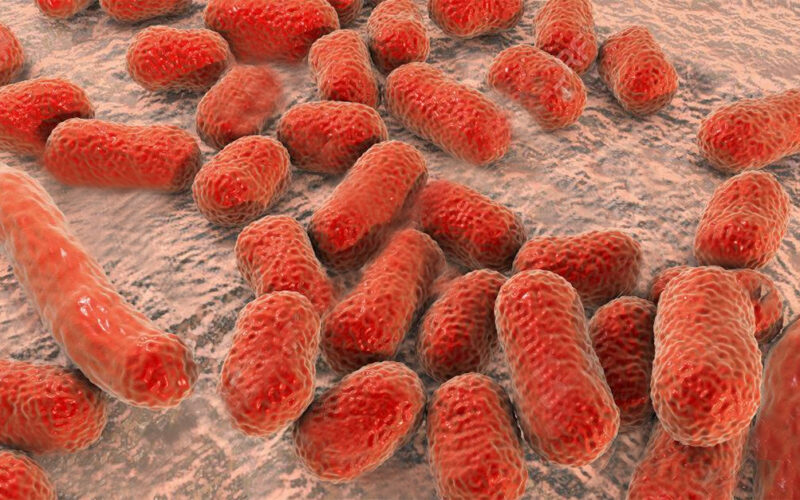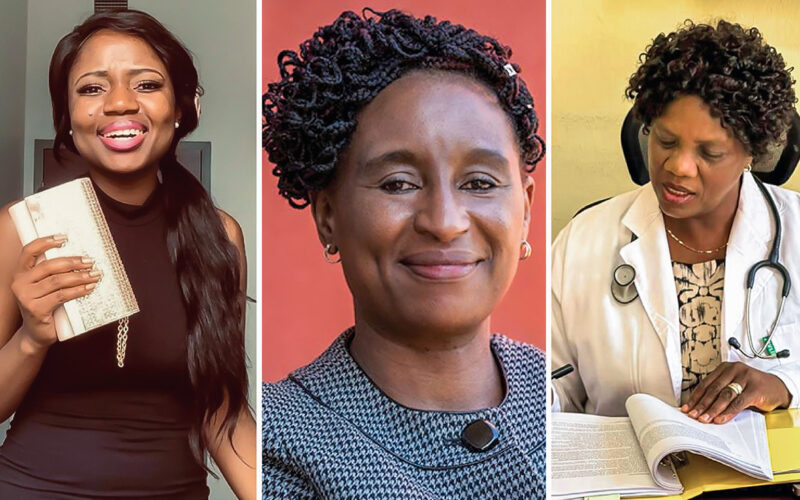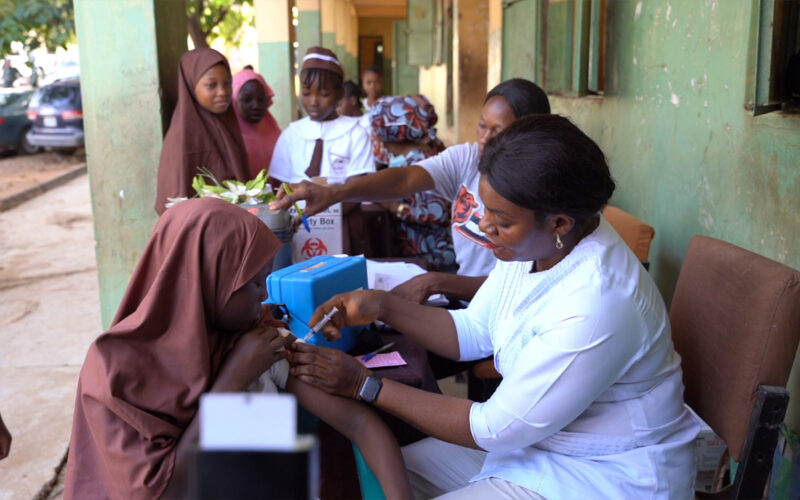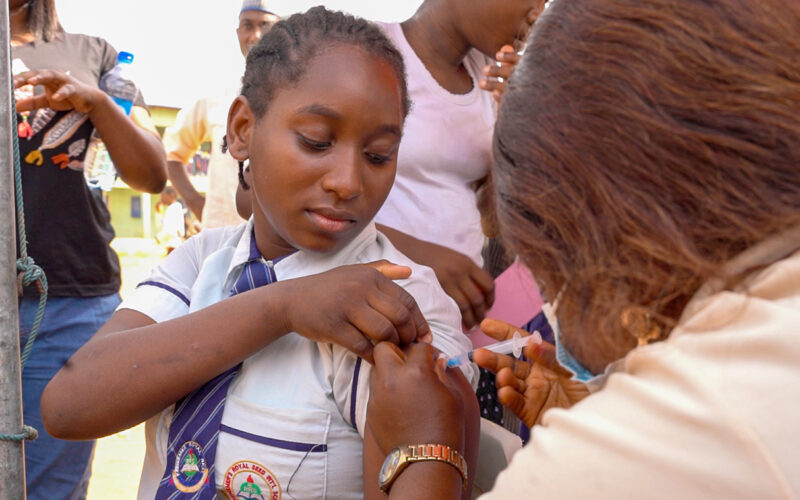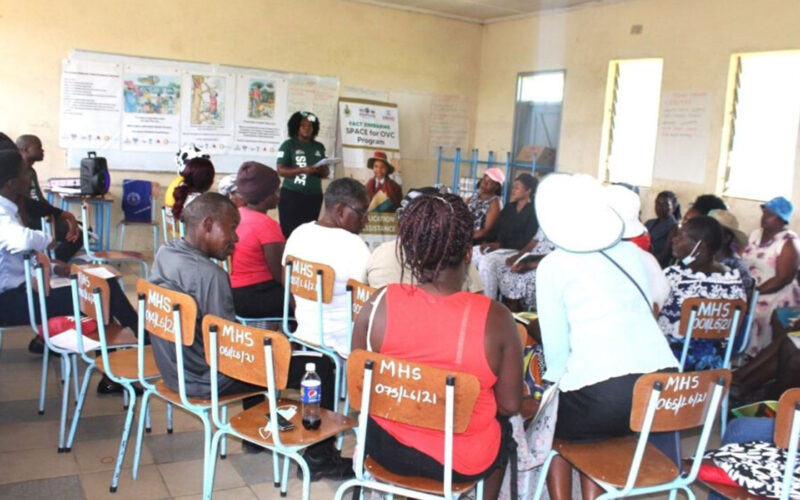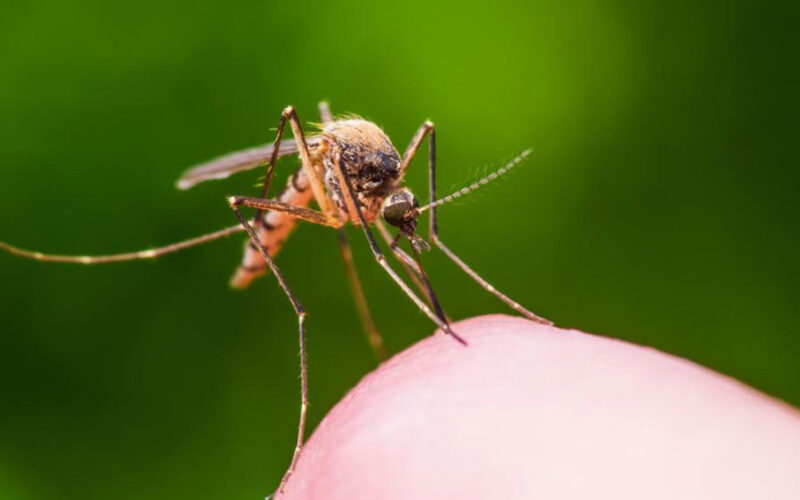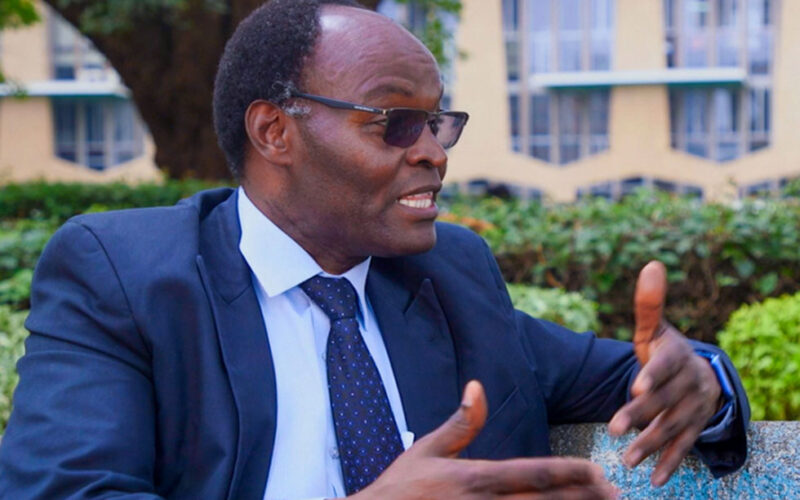
Antibiotic resistance causes more deaths than malaria and HIV/Aids combined. What Africa is doing to fight this silent epidemic
EACH year antimicrobial resistance – the ability of microbes to survive agents designed to kill them – claims more lives than malaria and HIV/Aids combined. Africa bears the brunt of this development, which thrives on inequality and poverty. Nadine Dreyer asked Tom Nyirenda, a research scientist with over 27 years’ experience in infectious diseases, what health organisations on the continent are doing to fight this threat to medical progress. TOM NYIRENDA, Extraordinary Senior Lecture in the Department of Global Health, Stellenbosch University What is antimicrobial resistance? Antimicrobial resistance occurs when bacteria, viruses, fungi and parasites change over time and no…

